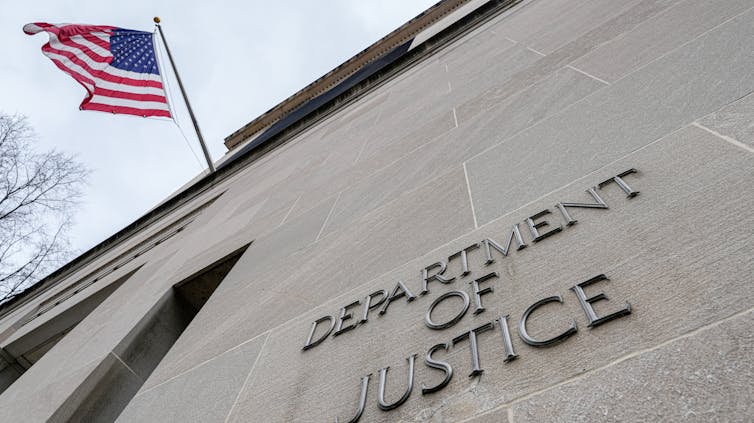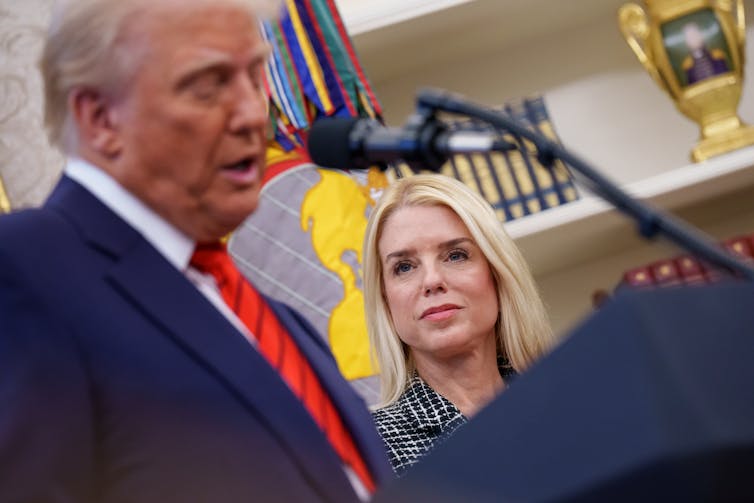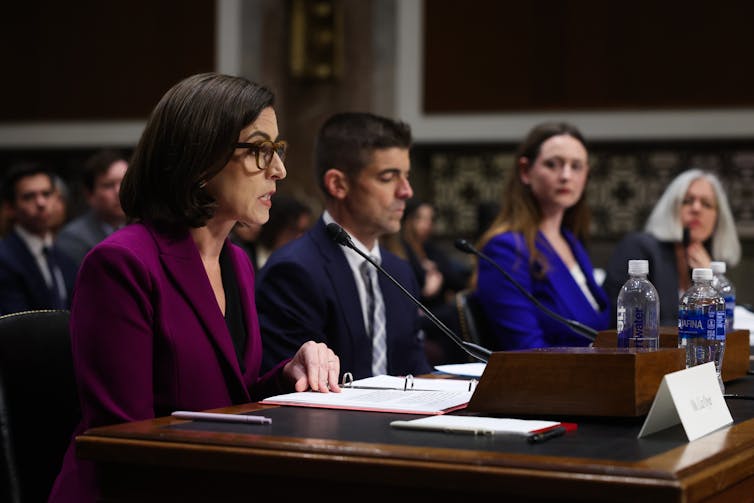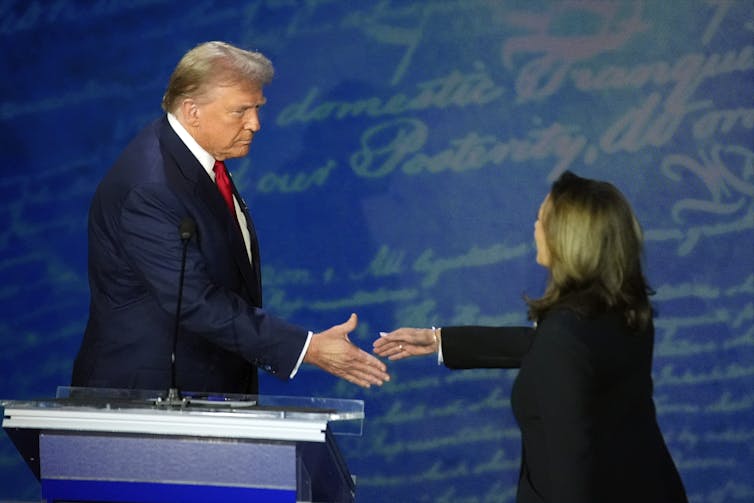I don’t normally share here what I’ve posted elsewhere, but I wrote something quickly for Facebook and realised that it meant more than I realised and so I’m sharing it. I suddenly saw that what I thought was unique and personal, told a story about Australia and Australians and the different places Jews hold in this country. It’s not a full picture, or even close to a full picture. It’s how much of Jewishness is out of sight in Australia and how some of us handle this.
In other places I am still the person I always was, in Canberra no-one wants me to give talks to to be seen in public. Most people don’t hate me, but folks who have known me for years and even decades have recently started demonstrating a whole bunch of reactions to my being Jewish. For some, I’m hurting others simply by being myself: a couple of people have recently informed me of how privileged and white I am and how much of the cause of problems (both in Australia and elsewhere) can be blamed on me. For others, I’m a low priority in their life where previously I was a close friend, and when these old friends cluster or when a group of those who think along these lines get together, if I say something it will be instantly contradicted before anyone stops to consider what I actually said.
A part of this is because I’m forever-unwell and Australia does not handle illness with much style. Most of the change has, however, happened since COVID (which taught so many of us to not be our best selves) and especially since October 7. There are whole social groups and work-related groups I’m now simply not reminded of or invited to because I’m Jewish, and there are others I may share as long as I do not assert myself too much. The most amusing part of the whole shebang (and it really is amusing) is that I am not considered an expert on much at all in the circles that do not want me round. Given that I have two PhDs and another one about to be submitted and all kinds of books written and conference papers delivered and research done and talks delivered and… I am an expert in those topics, this is a very peculiar kind of wilful blinkering.
All of this is local. It has led to big lifestyle changes and those led to some thoughts on Facebook. Those thoughts (with amendments) are the rest of this post.
I’ve talked before about being a giraffe. My giraffehood comes from being the first Jew many Australians have met.
“Oh, I’ve never met a Jew before,” a person informs me, and looks at me as if I am in a zoo. This is why I call it being a giraffe. I’m willing to talk openly about my Jewishness, so I’m a giraffe who answers questions. The questions and comments used to be mostly kind and fair. They are less so right now. At the moment, after the surprise that I’m actually Jewish, I’m informed who I am and what I think and how horrid I am if I don’t use the words they tell me to use and announce my self-hate at once. Once a week, without fail, I’m told that either I worship Satan or murder children. (For anyone wondering, I have not done or ever have wanted to do either of these things.) These questions and comments, when experienced several times a week, make me feel as if I’m on show.
Today something provoked a very different memory.
In the days before COVID and before the current rise in antisemitism (so any time until the end of 2019) I gave talks and was on panels at a couple of larger functions a year on average. Every single time, it being (mostly) in Australia people would chat with me in the foyer or over coffee afterwards. Australians chat over drinks. It’s a part of who we are. Mostly the discussion leads with comments like “I didn’t know Australia had any Jews before” or, on one very special day “Do you really have horns?” When I was much, much younger, children would actually feel my head for those horns.
Every second chat (again, on average) someone would look around to make sure that everyone else was out of earshot. They would confide in me. Sometimes they had Jewish parents but were brought up Christian “for safety”. Sometimes they were happily non-religious, but knew that their parents had been Jewish and were curious. I have enjoyed many conversations about how OK atheism for different branches of Judaism with this group of interesting people and even more conversations about why parents would choose to leave the Judaism behind and even to hide it. Sometimes those who confided in me were practising Jewish but didn’t know anyone outside their family because it was safer to be not-Jewish when out in the world. Most of these individuals had parents who were Holocaust survivors. Some were from other backgrounds but their families had also memories of persecution, often very recent. The real discussion began when they discovered we could talk about these things but that it wasn’t the whole story. I was brought up to understand that the persecution is a part of our history but (sorry Cecil Roth) the lachrymose version of Jewish history hides so much more than it explains. My history self is working on this reinterpretation of Jewish pasts for the next little while, and that’s partly because it was so important to the individuals who came to me and talked about Jewishness in secret.
I was a different kind of giraffe for these folks. I was the Jew they could talk to safely. I never tell enough about them for anyone to be able to identify them. I have many conversations after panels and after giving talks or keynotes, and these people were among the many. Their privacy is important. No-one hides such a large part of themselves without very good reason. I use my not-very-good memory to forget their names and where they live. I would have to work hard to remember those details and I simply don’t try to remember. This has led to me being very forgetful of names and addresses and friends have to always remind me, over and again. This is not a large price to pay for the safety of others.
Occasionally (like now) I will mention their existence. I’m often and usually the first person they have every spoken to outside their immediate family about anything Jewish.
The number of people who shared their confidences with me diminished somewhat when the Australian census changed its collection style. The number of people who admitted to being Jewish in Australia also dropped dramatically. It was no longer possible to guarantee addresses and names would be detached from information collected and so identifying as Jewish carried different baggage to earlier. I suspect there are many Jewish Australians whose background is not known to the Bureau of Statistics any more. I once estimated that there were around 200,000 of these people, but there is no real way of knowing. Since I don’t think those who let me know they’re Jewish are more than the tiniest % of those who don’t talk about being Jewish Australian, I know the thoughts of a few dozen people, not of everyone who hides their Jewishness in Australia.
The number of confidences diminished to zero after October 7, but this is partly because I’m no longer invited to give many talks. I’m the wrong kind of Jew for Canberra or East Coast Australia, or my expertise is no longer valued, or people want to avoid problems, so I’m not invited to the sort of meetings where someone can seek me out quietly and find out more about their heritage.
What I miss most about those conversations is the recipe-swapping. I have two really wonderful Crypto-Jewish recipes that I’ve dated to the 17th century from a person who identified publicly as Latin American Catholic. I gave them information about books and websites where they could place their heritage and understand it better without having to break their public face. This was a win-win. Once a year I cook a 17th century Jewish recipe from that hidden tradition, to celebrate how much this person knew (and still knows!) and how amazing it was to hear about it. (I also cook these dishes to honour those who were murdered at the command of the Inquisition, and this is my normal public reason for cooking: today is not normal.) At moments like that I understand why I might be a safe person to talk to about things.
Since October 7 and the diminution in places in Australia that want to hear me, there has, as I’ve said been no-one sharing these secrets. This means that there are fewer people who touch base with those who are isolated and scared. Those who found comfort in me chatting about how to write family stories or how to teach cultural differences respectfully or how to interpret foodways or all those stories about the Middle Ages are not going to talk to a rabbi or visit a community centre when hateful slogans are painted on the walls or there was a fire bomb or anywhere where there is a crowd chanting Jewhate slogans outside.
Australia has always been somewhat antisemitic. It was also one of the important places where Shoah refugees came. It’s always had a Jewish population that feels safer unseen. Moments when strangers can reach out and share their identity are so very important, given all of this.
I think one of the reasons I was considered safe might have been because it’s not been wise to wear a magen david in Canberra for about 20 years, so I wasn’t flamboyantly Jewish… I was just Jewish. Or it may be for another reason. Thinking back, I had my first conversations along these lines when I was pre-teen, so it may be something about the way I hold myself. I honestly don’t know. Several people have said it’s because I talk so much, so maybe it’s that.
When I first started having those conversations I used to feel so guilty, because I couldn’t understand why these people hid their identity. I always kept everything secret because someone had asked it and because I respected them.
These days, life in Jewish Australia is far more problematic. I can see the wisdom in being a hidden Jew.












